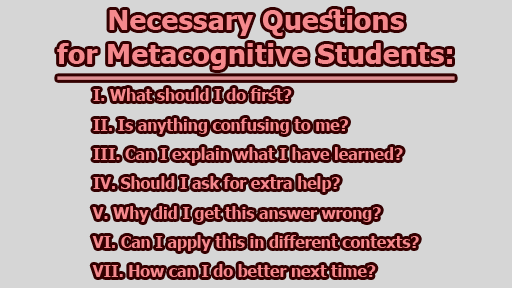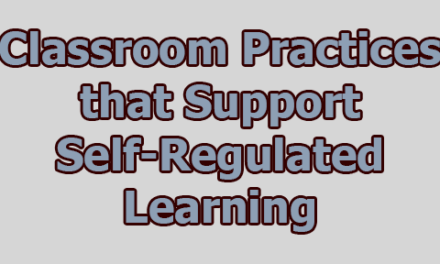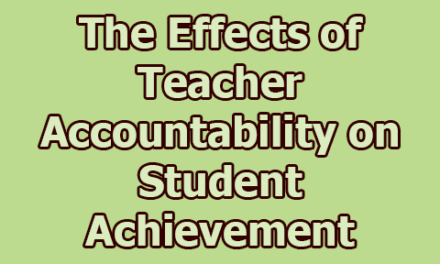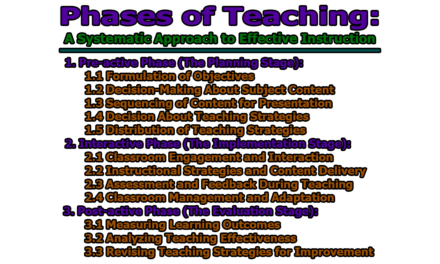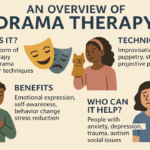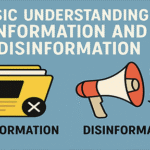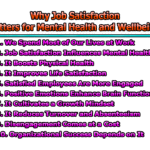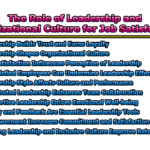Necessary Questions for Metacognitive Students:
In the pursuit of academic success and lifelong learning, metacognition plays a pivotal role. Metacognition refers to the ability to think about one’s own thinking processes, learning strategies, and cognitive abilities. Metacognitive students are aware of their strengths and weaknesses, understand how they learn best and can adapt their approaches to become more efficient learners. This article aims to explore and delve into essential questions that metacognitive students should ask themselves to enhance their learning experience. By consistently reflecting on their learning processes, students can identify areas for improvement and develop strategies to become more effective learners. Necessary questions for metacognitive students.
I. What should I do first?
The initial question to ask as a metacognitive student is about the best approach to begin any learning task. It encourages students to consider their pre-learning routine, which includes setting goals, organizing resources, and planning their study sessions. By asking this question, students create a foundation for effective learning habits and time management skills.
To answer this question effectively, students should:
- Set clear and specific learning goals: Understand what they want to achieve from a particular learning session or academic task.
- Prioritize tasks: Identify the most important and urgent tasks and allocate time accordingly.
- Plan study sessions: Determine the optimal study duration and breaks to maintain focus and prevent burnout.
II. Is anything confusing to me?
The ability to recognize confusion is crucial for metacognitive students as it prevents misconceptions from persisting and hindering further learning. By acknowledging confusion, students can take necessary steps to address the gaps in their understanding and seek clarification.
To address confusion, students should:
- Pause and reflect: When encountering confusion, take a moment to stop and reflect on the specific concept or topic that is unclear.
- Note questions and uncertainties: Write down specific questions or points that require clarification for future reference.
- Seek clarification: Reach out to teachers, peers, or use additional resources such as textbooks or online materials to gain a better understanding of the confusing topic.
III. Can I explain what I have learned?
One of the most effective ways to solidify knowledge is by being able to explain it in one’s own words. This question encourages metacognitive students to assess their level of comprehension and retention of the material.
To effectively explain what they have learned, students should:
- Summarize the main points: Identify the key takeaways and summarize them concisely.
- Use analogies and real-life examples: Relate the newly acquired knowledge to familiar concepts or everyday situations.
- Teach someone else: Act as a tutor and explain the material to a friend or study partner, reinforcing understanding through teaching.
IV. Should I ask for extra help?
Metacognitive students understand the value of seeking help when needed. Whether it’s asking questions in class or seeking support outside the classroom, recognizing when extra help is necessary can significantly boost learning outcomes.
To determine whether to seek extra help, students should:
- Evaluate their progress: Regularly assess their performance and compare it to their learning goals.
- Identify areas of difficulty: Pinpoint specific topics or subjects where they struggle despite their best efforts.
- Reach out for assistance: Consult teachers, academic advisors, or tutoring services to gain additional guidance and support.
V. Why did I get this answer wrong?
Mistakes and errors are natural parts of the learning process. A metacognitive student examines their mistakes to understand the underlying reasons, enabling them to learn from these errors and avoid repeating them in the future.
To analyze incorrect answers effectively, students should:
- Review the thought process: Trace back their thinking when attempting the question and identify any flawed assumptions or misunderstandings.
- Compare with correct solutions: Compare their approach with the correct answer or solution to identify gaps in their reasoning.
- Make adjustments: Modify their learning strategies or thought processes to prevent similar mistakes in future assessments.
VI. Can I apply this in different contexts?
Metacognitive students understand that learning is not confined to specific contexts; rather, knowledge can be applied and adapted to various situations. This question encourages students to explore the transferability of their knowledge and skills.
To apply knowledge in different contexts, students should:
- Recognize common principles: Identify fundamental concepts that are applicable across various scenarios.
- Connect with real-world applications: Consider how the learned material relates to practical situations or other academic disciplines.
- Practice interdisciplinary thinking: Challenge themselves to find connections between seemingly unrelated subjects.
VII. How can I do better next time?
Asking this question is an essential part of the metacognitive process, as it fosters a growth mindset and a commitment to continuous improvement. By seeking ways to enhance their learning strategies, metacognitive students ensure ongoing progress.
To improve performance, students should:
- Analyze strengths and weaknesses: Assess what worked well and what needs improvement in their previous learning experience.
- Set improvement goals: Establish specific objectives to enhance their performance in future tasks.
- Adapt strategies: Modify their learning techniques based on self-assessment to optimize their learning outcomes.
At the end of the day, we can say that metacognition is a powerful tool that empowers students to become active and independent learners. By asking themselves the necessary questions outlined in this article, students can develop a heightened awareness of their learning processes, recognize areas for improvement, and implement effective strategies to enhance their academic achievements. Cultivating metacognitive habits is a lifelong journey, and with consistent practice and reflection, students can unlock their full learning potential and thrive in their educational pursuits.
References:
- Schraw, G., & Moshman, D. (1995). Metacognitive theories. Educational psychology review, 7(4), 351-371.
- Zimmerman, B. J. (2000). Attaining self-regulation: A social cognitive perspective. In M. Boekaerts, P. R. Pintrich, & M. Zeidner (Eds.), Handbook of self-regulation (pp. 13-39). Academic Press.
- Dunlosky, J., & Metcalfe, J. (2009). Metacognition. Sage Publications.
- Flavell, J. H. (1979). Metacognition and cognitive monitoring: A new area of cognitive-developmental inquiry. American Psychologist, 34(10), 906-911.
- Brown, A. L. (1987). Metacognition, executive control, self-regulation, and other more mysterious mechanisms. In F. E. Weinert & R. H. Kluwe (Eds.), Metacognition, motivation, and understanding (pp. 65-116). Lawrence Erlbaum Associates.

Assistant Teacher at Zinzira Pir Mohammad Pilot School and College

